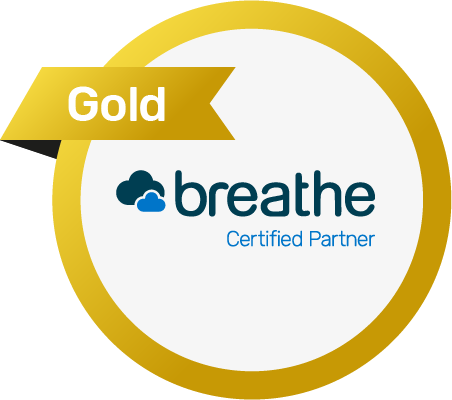COVID Update

Please note that the below article applies to typical working environments, such as an office. Healthcare settings and care homes may have different rules.
Four years after coronavirus first arrived in the UK, employers can treat it the same as they would any other infectious illness. Nowadays, many employees displaying symptoms are not sure whether they have Covid, or something else. Fewer people now take a lateral flow test, perhaps out of reluctance to pay for the testing equipment, or perhaps because the confirmation of a positive result may make them feel ethically obliged to isolate, when they would prefer not to.
However, despite Covid-19’s lack of special legal status, many people have lost loved ones due to Covid-19, or remember the fear induced by lockdown, and so they see Covid differently to other viruses such as those causing colds or flu. It can therefore be an emotive topic, and this can lead to problems in the workplace.
Sometimes an employee attends work, coughing and looking off-colour. You would feel more comfortable if they went off sick, but they don’t want to. Alternatively, an employee may cheerfully walk into a busy office environment, then drop into the conversation that they’re testing positive for Covid. Other employees complain, maybe even threaten that they will go home if the affected person doesn’t leave. The employee insists that they feel fine, and that they’re staying. What should an employer do?
In such situations, you would probably have to explain your concerns and appeal to the employee’s sense of moral responsibility not to unnecessarily spread an illness which is inconvenient for most people, but serious for others.
If they have Covid (or suspected Covid) but feel well enough to work, your choices are:
- ask them to work from home, if their job allows it;
- let them attend work with adaptations, for example working in an office on their own, opening windows, extra hand washing etc. Alternatively, if there is a particular employee who is more vulnerable than most, especially one with a disability, this employee could be offered a private office or the option to work from home temporarily;
- persuade them to stay off sick. If they would only receive statutory sick pay, you could consider offering them full pay for a limited time, as a gesture of goodwill;
- let them attend work as normal. However, this may put other employees at risk of catching it, cause you staffing issues or result in employees passing Covid to vulnerable family members.
If an employee with symptoms refuses to leave, you should assess the situation. It could potentially be a disciplinary issue, if you have presented them with other options in order to allow them to continue working, or offered them paid sick leave, but it will depend on the reasonableness of the request in all the circumstances. Be careful not to make snap judgements in a way which could be considered discriminatory, for example, assuming that an employee’s youth means that they would be more likely to catch Covid by being irresponsible or socialising excessively.
If another employee walks out of the workplace in protest, citing a fear of catching Covid-19, again you should look at the specific circumstances. Section 44 1A(a) of the Employment Rights Act 1996 states that an employee can leave work to protect themself, if they reasonably believe that they are in serious and imminent danger. If the employee is vulnerable, or genuinely concerned for their health, it would be prudent to allow them to work from home, or to allow them to take annual leave, unpaid leave or even paid leave. However, for most people, the presence of a co-worker with Covid would not count as serious or imminent danger.
A further point to note is that long Covid may be considered a disability, for which reasonable adjustments should be made. It will be classed as such if it has a substantial and negative impact on day-to-day life and has lasted for, or is expected to last for, at least a year.
If you have any questions, please contact us by emailing enquiries@perspectivehr.co.uk or by phoning 01392 247436.
Get in touch to discuss your HR ambitions
More information
Accreditations



© 2020 Perspective HR
Built with Gusto
